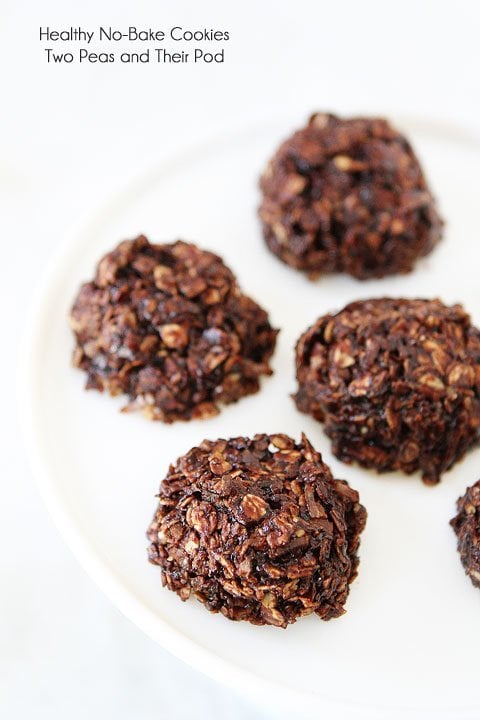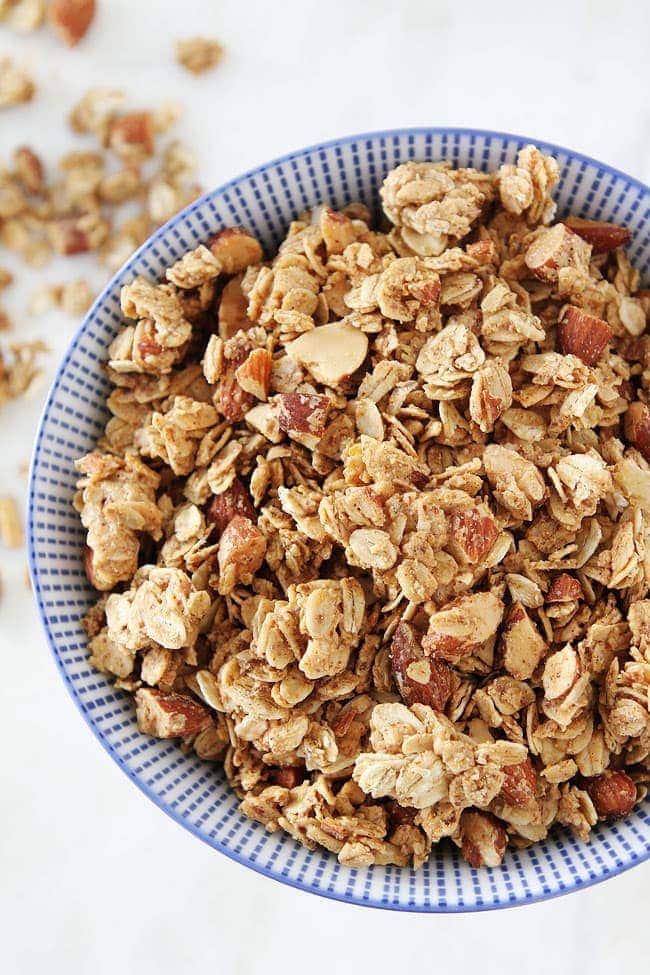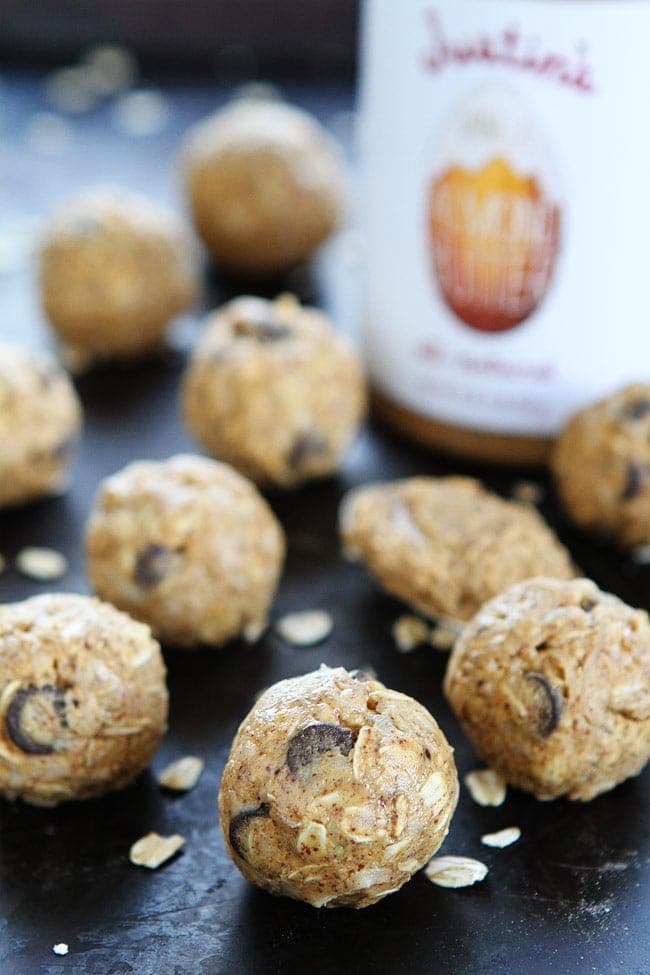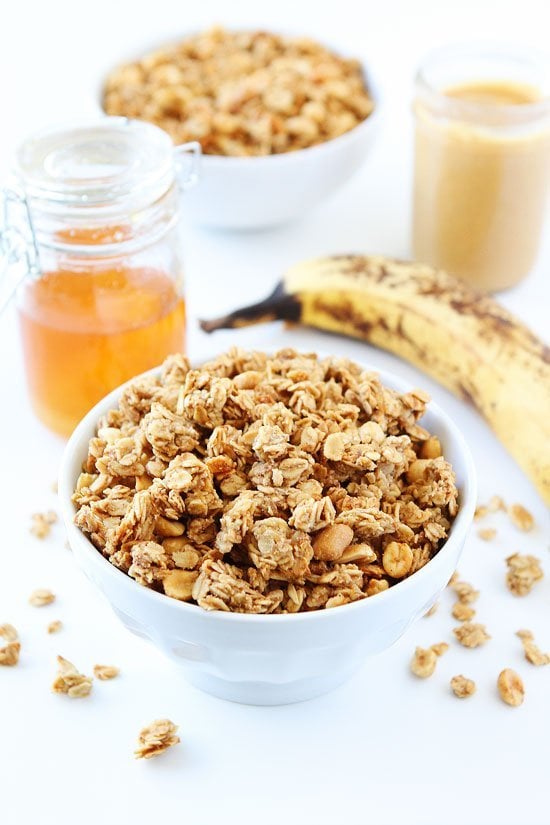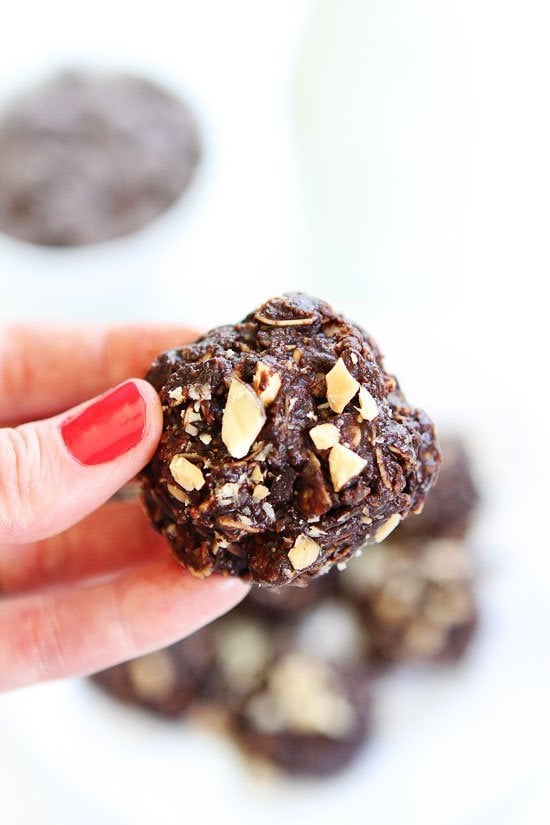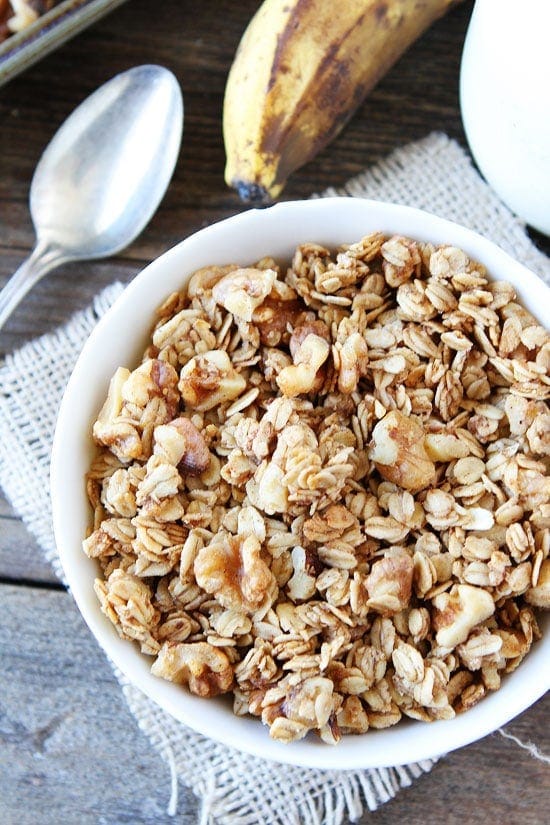Coconut Oil: Important Facts, Health Benefits, and Recipes
Explore the health benefits, uses, and history of coconut oil in our ultimate guide, and learn how to make informed choices about this tropical treasure in your daily life.
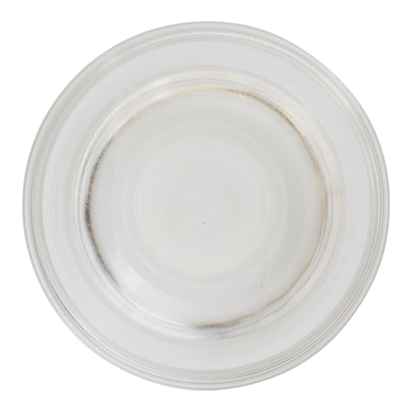
Nutritional Facts
1 tbsp
Amount per serving
Calories
121.3
Carbohydrates
0 g
Fat
13.5 g
Protein
0 g
Saturated Fat
11.2 g
Sodium
0 mg
Fiber
0 g
Sugar
0 g
Best Coconut Oil Recipes
-

-

-

-

-

-

-

-

-
![Healthy Pumpkin Muffins Image]()
-
![Easy Kettle Corn Image]()
-
![Oatmeal Zucchini Cookies Image]()
-
![Apple Zucchini Muffins Image]()
-
![Zucchini Bread Image]()
-
![Chocolate Peanut Butter Brownies Image]()
-
![Whole Wheat Strawberry Banana Muffins Image]()
-
![Shrimp Bowls with Coconut Cilantro Lime Rice and Pineapple Salsa Image]()
-
![Chocolate Gluten Free and Vegan Banana Bread Image]()
-
![Toasted Coconut Pancakes Image]()
-
![Vegan Chocolate Coconut Cookies Image]()
-
![Healthy No-Bake Cookies {Vegan & Gluten-Free} Image]()
-
![Morning Glory Muffins Image]()
-
![Chocolate Zucchini Bread Image]()
-
![Chocolate Peanut Butter Banana Bread Image]()
-
![Strawberry Bread Image]()
-
![Banana Blueberry Baked Oatmeal Cups Image]()
-
![Chocolate Banana Bread Image]()
-
![Almond Butter Granola Image]()
-
![No-Bake Berry Energy Bites Image]()
-
![Pumpkin Coconut Chocolate Chip Muffins Image]()
-
![Zucchini Banana Blueberry Muffins Image]()
-
![Whole Wheat Banana Coconut Oatmeal Chocolate Chunk Cookies Image]()
-
![Berry Granola Image]()
-
![Blueberry Almond Pancakes Image]()
-
![Lemon Blueberry Loaf Cake Image]()
-
![Almond Butter Pancakes Image]()
-
![Almond Butter Oat Balls Image]()
-
![Coconut Lime Loaf Cake Image]()
-
![Whole Wheat Banana Coconut Muffins Image]()
-
![Peanut Butter, Banana, and Honey Granola Image]()
-
![Pumpkin Cinnamon Swirl Bread Image]()
-
![Zucchini Banana Bread Image]()
-
![Peanut Butter, Banana, and Honey Muffins Image]()
-
![Zucchini Bread Baked Oatmeal Image]()
-
![Coconut Raspberry Bread Image]()
-
![No-Bake Dark Chocolate Almond Cookies Image]()
-
![Blueberry Coconut Crisp Image]()
-
![Banana Granola Image]()
-
![Carrot Cake Oatmeal Cookies with Cream Cheese Glaze Image]()













